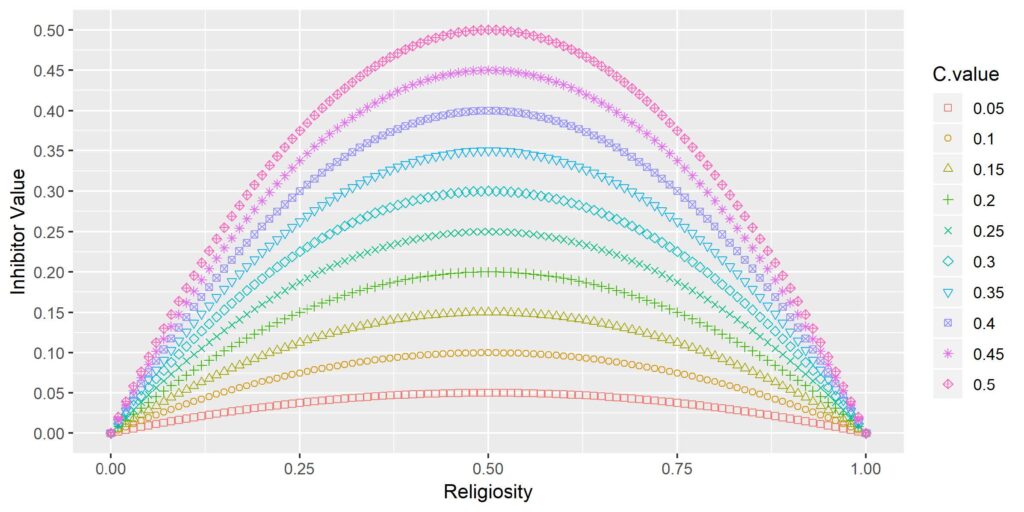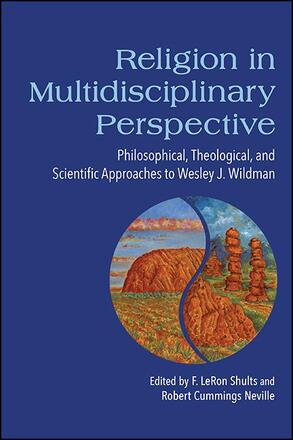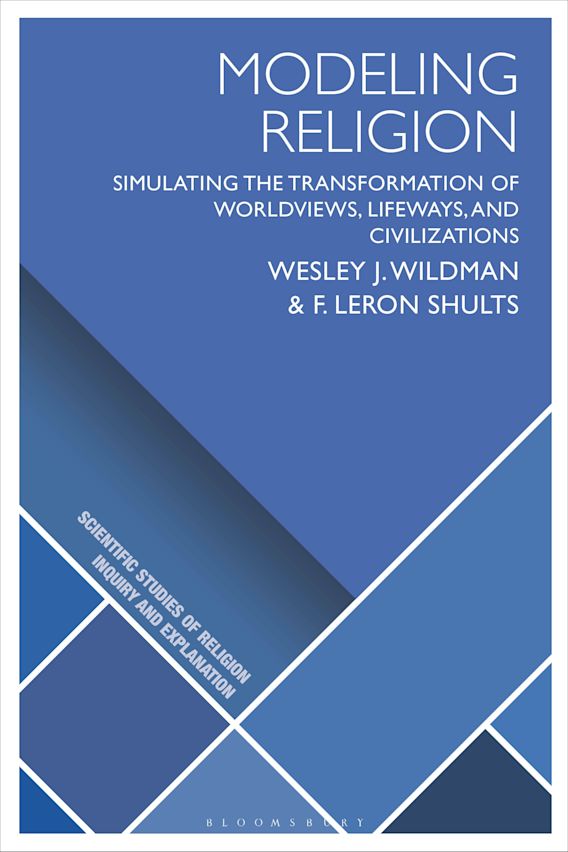
Here’s a link to the full article; the abstract follows below.
This article presents a microsimulation that explores age, period, and cohort effects in the decline of religiosity in contemporary societies. The model implements a well-known and previously empirically validated theory of secularization that highlights the role of “fuzzy fidelity,” i.e., the percentage of a population whose religiosity is moderate (Voas 2009). Validation of the model involved comparing its simulation results to shifts in religiosity over 9 waves of the European Social Survey. Simulation experiments suggest that a cohort effect, based on weakened transmission of religiosity as a function of the social environment, appears to be the best explanation for secularization in the societies studied, both for the population as a whole and for the proportions of religious, fuzzy, and secular people.


